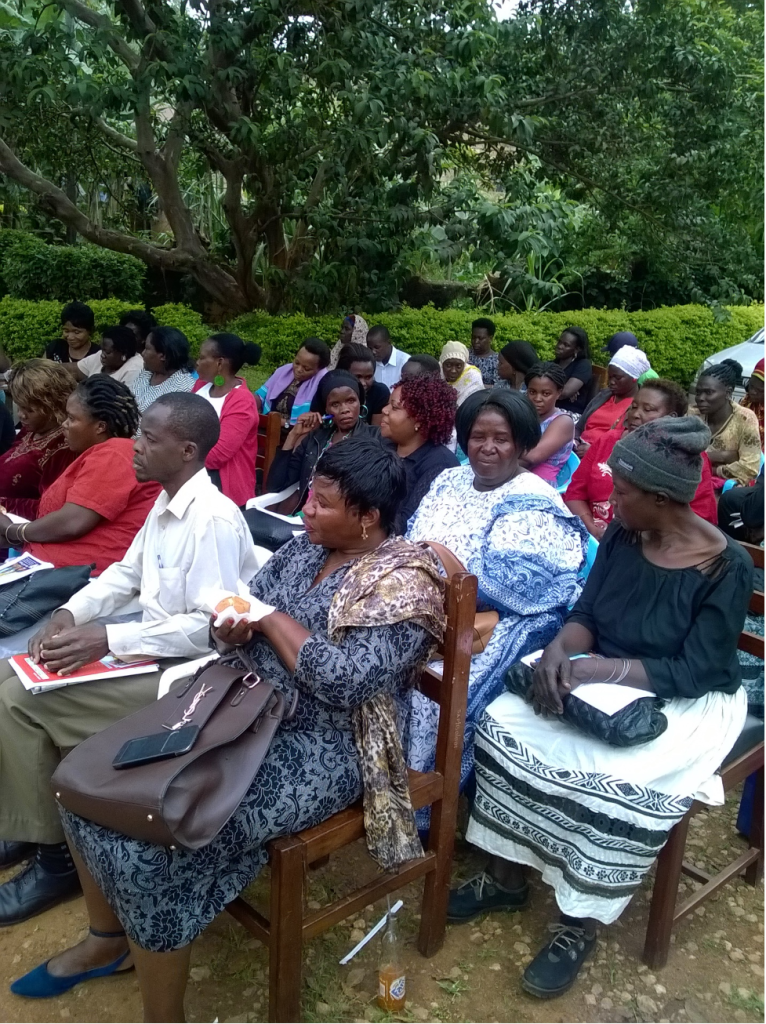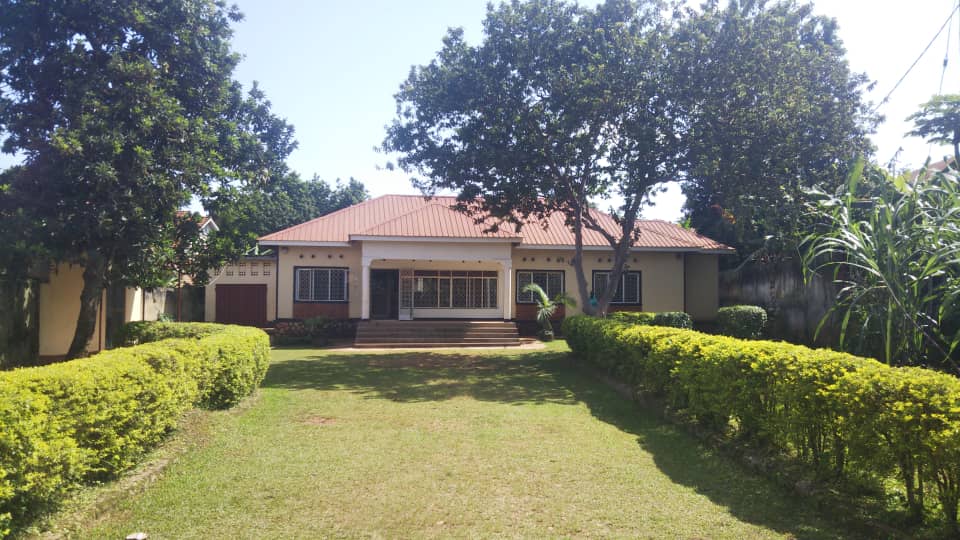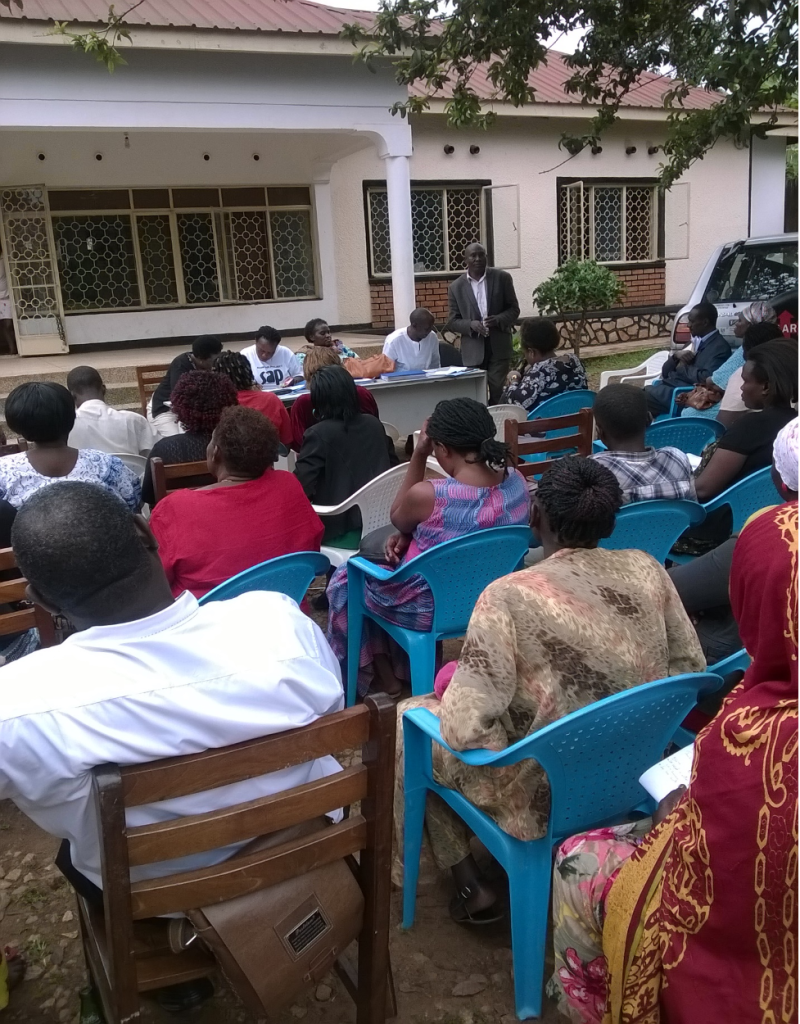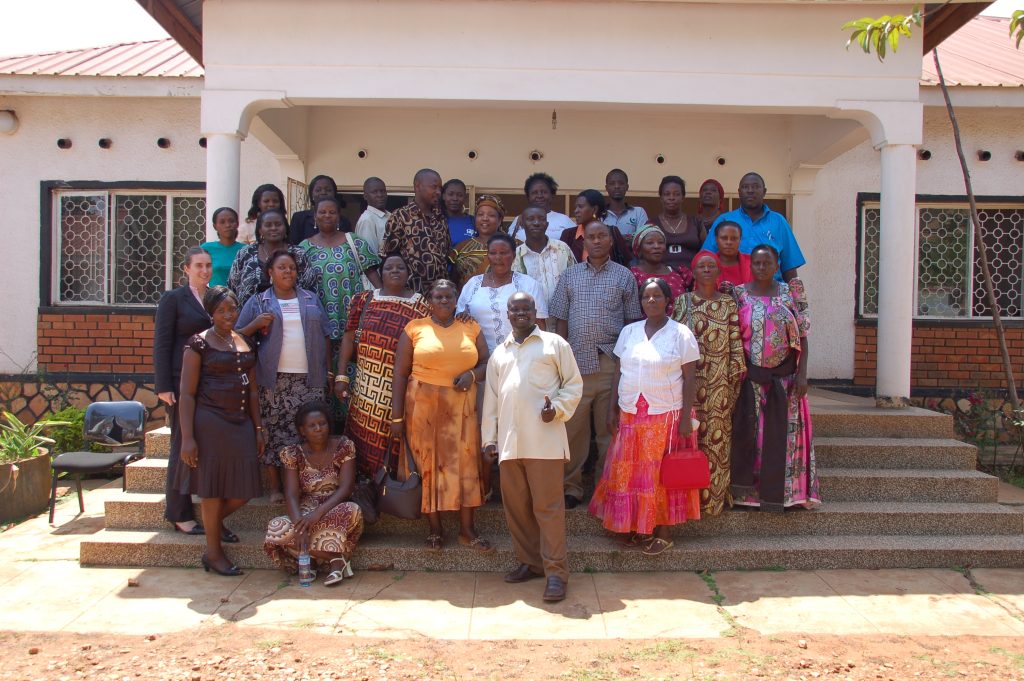Mail: info@slumaidproject.org
Phone: + 256 (0) 414 270 537.
Website: https://slumaidproject.org/


Members of the Annual General assembly attending the AGM in 2021
Slum Aid Project (SAP) is a development, Women, Child care and advocacy Non-Governmental Organization working with communities and other stakeholders to improve the lives of the poor and vulnerable people living in slum areas. SAP is registered under the non-government registration statute 1989 (Registration S 5914/954 No. 7856) in Uganda. .
The humble beginning of slum aid Project can be traced back in 1991 when the four vigilant female students (Rose Gawaya, Valentine Mulindwa, Adona Asiimwe and Nalukenge) from Makerere University Kampala were inspired to work in the Slum of Wandegya Katanga to address the needs of women, youths and children who were suffering. The project was named Katanga community project.
The Katanga Project as these founders named it ,carried out activities like teaching children aged 6-16 years, campaigned against the deadly HIV/AIDS in the 90s and sensitized on topical issues such as public health, education, gender equality, Human rights, family planning and counseling.
In 1993, Katanga project was registered with the NGO Board as a community based Organization. In 1994 the Ministry of Women in Development (Now Ministry of Gender, Labour and Social Development) facilitated to carry out legal education on rape, defilement and domestic violence in Kampala Slums. In 1995, it was recommended that the name be changed from Katanga Project to reflect the whole spectrum of slums. It then came to be known as Slum aid Project (SAP) up-to-date.
With the continuing growth and experience of working in slums, SAP now works in various slums Including; Wandegeya, Nakulabye, Katwe, Kisenyi, Kibuli, Wabigalo, and Naguru Go-down. We are also in Mukono , Masese in Busoga ,Kayunga town and Arua District..

The Slum Aid Project Office is based in Wakaliga Plot 951 &668.
SLUM AID PROJECT (SAP)-UGANDA OFFICE
Mail: info@slumaidproject.org
Phone: + 256 (0) 414 270 537.
Website: https://slumaidproject.org/
info@slumaidproject.org
Slum Aid Project has a tripartite governance structure comprising of the Annual General Assembly (AGA), The Board of Directors and Secretariat.
The Annual general Assembly is the supreme body of Slum Aid Project. The Annual General Assembly is made up of 65 members, all of whom subscribe to the SAP Mission. They are made of both men and Women many of them reside in the slums. These members are compounded by gender equality and women empowerment, Respect for human rights, social accountability as one of the key aspirations of human development.
The Annual General Meeting meets every financial year to give direction to the organization. They review reports, make recommendations and give direction. The Board presents the reports and all the accountabilities in accordance with the constitution. The Meeting is presided over by the AGA committee headed by the AGA Chair person. They also select the Board every after 5 years with recommendations from different institutions.

One of the Annual General Meetings held at the office premises in Wakaliga-Rubaga division.

Members of the Annual General Assembly at the SAP secretariat. The Slum Aid Project home is based in Wakaliga Plot 951 &668.
The Board of Directors is composed of seven (7) members, four of whom must be female. This organ is chaired by a lady as provided for in the constitution. The eighth person on the board is the Executive Director (ED) who is an ex-officio and secretary to the board. This board is mandated to oversee the project management and implementation of programs. They directly supervise the Secretariat. The board meets quarterly and reports to the AGM.
The secretariat is headed by the Executive Director. The secretariat is mandated to implement the programme activities and manage the day-to-day affairs of the Organisation. All the Departments heads and the staff report to the Executive Director. The Executive Director is accountable to the board of Directors.
Our primary beneficiaries are the women, girls and youth living in the slums. Others are the leaders, policy makers , decision makers, our staffs, Men, parents and the community.